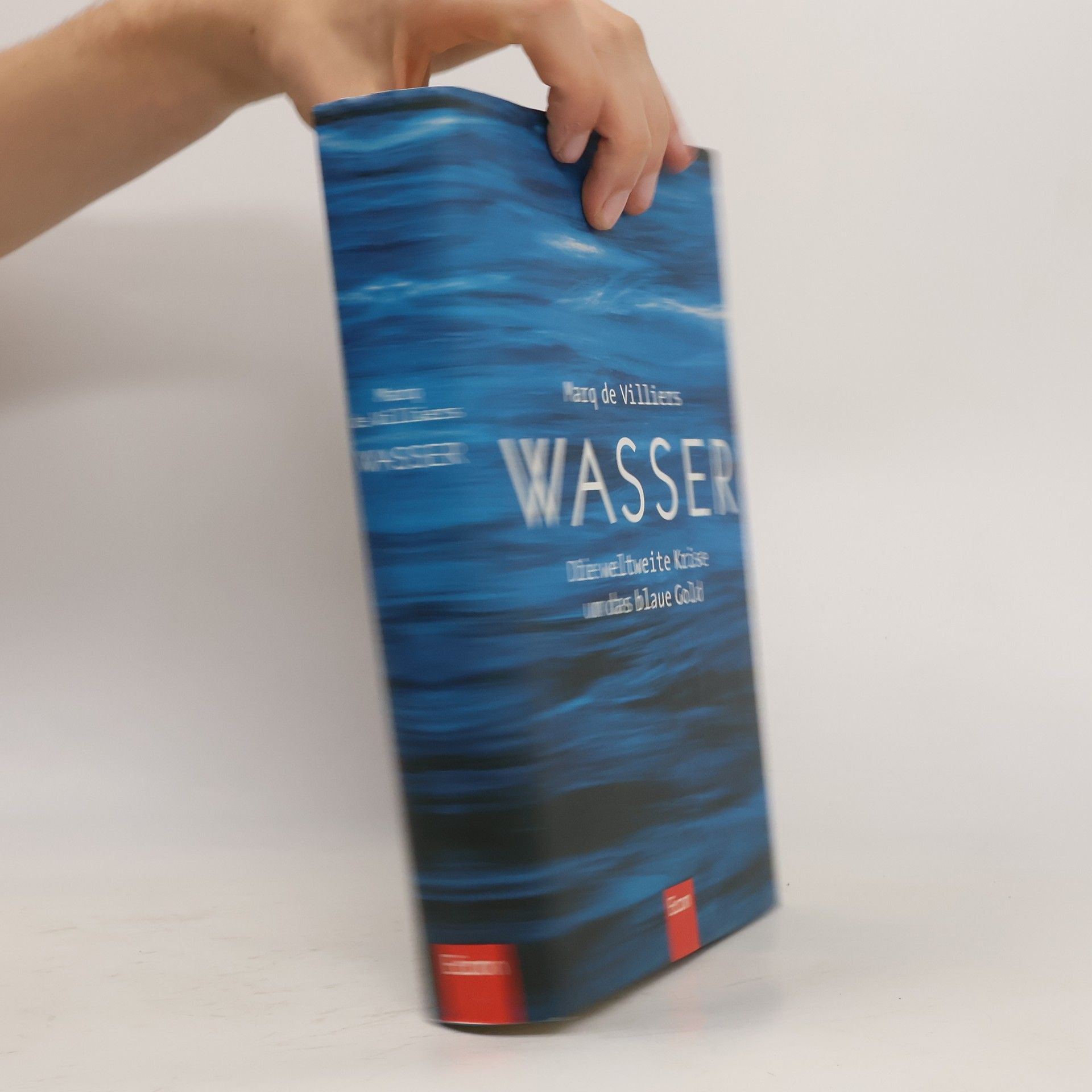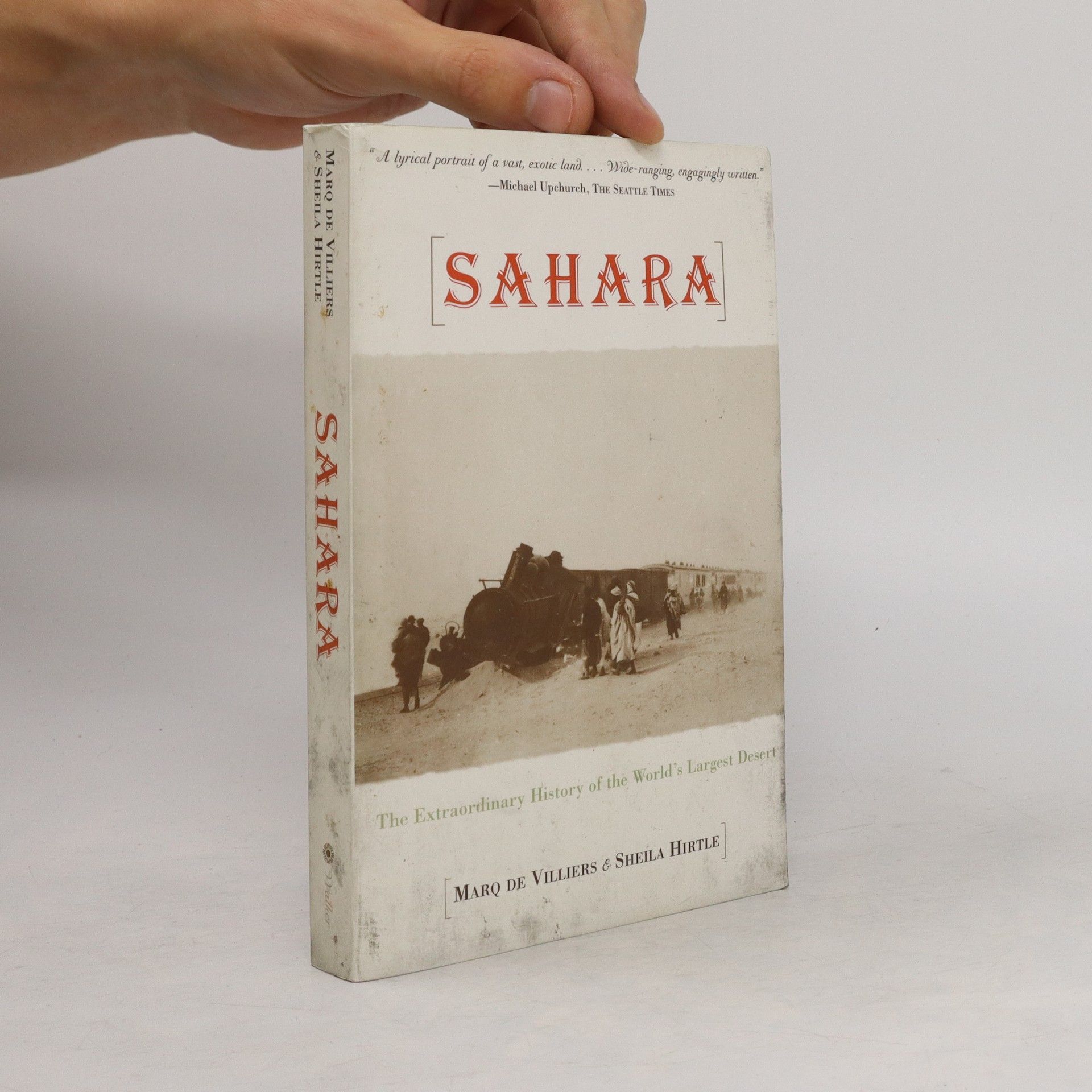Sahara
- 320pages
- 12 heures de lecture
In a book that is beautifully written and full of surprises, Marq de Villiers and Sheila Hirtle describe the Sahara desert in all its remarkable complexity. The authors’ revelations reinforce some common assumptions about the “Great Emptiness” – but others are challenged. There’s water in the Sahara – massive aquifers sufficient to irrigate farmlands for decades. Just fifteen per cent of the Sahara is covered by sand; much of the rest is mountainous. Sand dunes move, but they don’t drift so much as hop, skip, dance, and swirl. The desert appears barren, but teems with life: lizards and snakes, jerboas and foxes, scorpions and endless swarms of bugs make their living in this harsh region. So do ancient and nomadic peoples: Berbers, Chaambra, Moors, Bedouin, Tuareg, Tubu. There has been commerce in the Sahara for hundreds of years. Salt, gold, and slaves are mined, harvested, and traded there still. The authors explore the majesty and mystery of this great African enigma in a journey that is enriched both by historical insight and practical experience.


